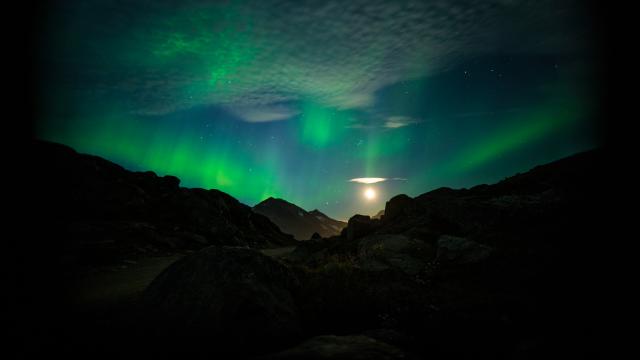
Here’s how switching off for Earth Hour can help save the planet
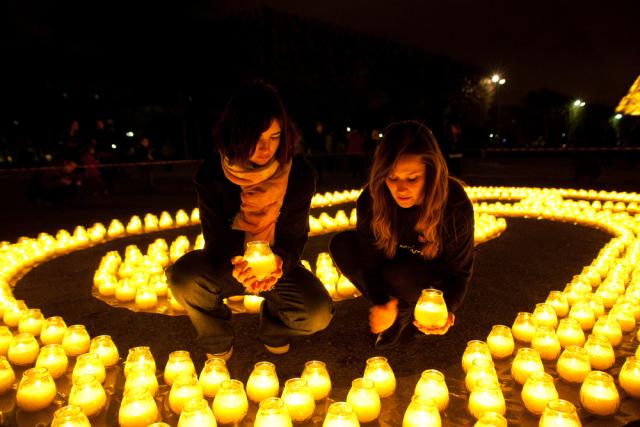
Being a symbol of hope for nature and climate
The lights are getting turned off to mark Earth Hour this year. However, it is more than just an hour in the dark. It is also a time for reflection on our ever-lasting impact on the planet and how we can make a difference, together.
By the end of this decade, greenhouse gas emissions could be halved, nature and wildlife could be recovering all around us, and habitats could be beginning to thrive again. So, the simple act of turning off the lights can influence positive changes through collective, global action whilst giving hope for the future.
It brings local and global communities together
Earth Hour is the moment millions of people across the globe unite to show that they care about the future of our planet, our one shared home. People join from their homes and local communities across towns and cities in over 192 countries and territories.
During the unprecedented time of 2020, Earth Hour made history by bringing global communities together online. It highlighted the vulnerability of our planet, and the need to tackle climate change and protect nature. Over 9 million people took part in Earth Hour in the UK alone in 2020, switching off in solidarity.
For years, landmarks around the world have switched off their lights to support Earth Hour. From the Sydney Opera House, then the Colosseum and the Eiffel Tower, reaching the London Eye and moving on to the Empire State Building.
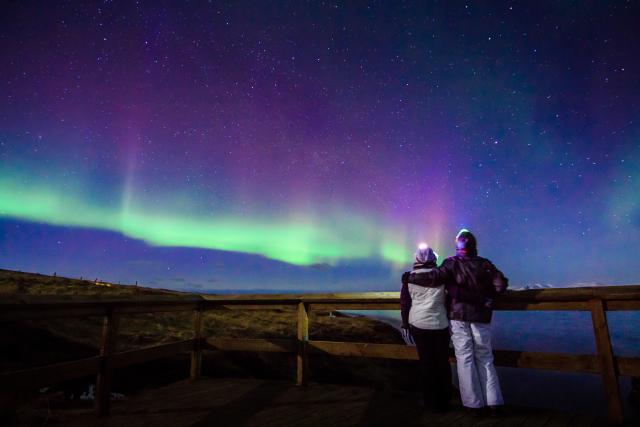
By inspiring many people to make small, positive changes
Earth Hour is more than making a small change on one day. Giving an hour for Earth reminds us that even small actions can make a big difference. Because we’re not alone. There are millions of people joining to reduce out environmental impacts, collectively.
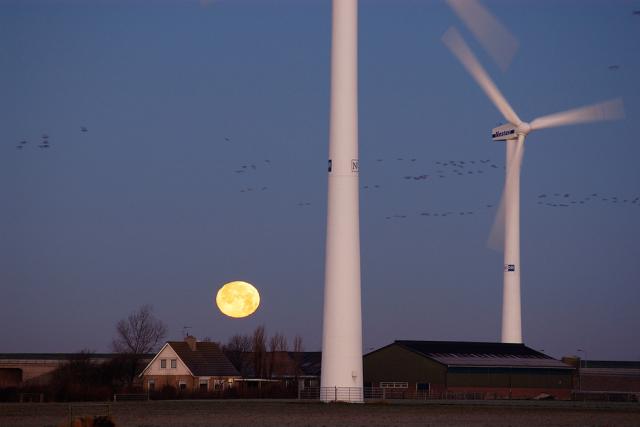
To introduce and push for major legislative changes for the environment
Earth Hour is also the time when our voices grow louder to make a real difference in the world. In recent years, environmental organisations, community groups and people have used the opportunity to call on their governments and leaders to pass important environmental laws or launch green initiatives. Earth Hour has led to the ban of plastics and other disposable packaging in the Galápagos Islands. It has also inspired the creation of a Marine Protected Area in French Polynesia, along with many other environmental changes to protect our nature and climate for present and future generations.
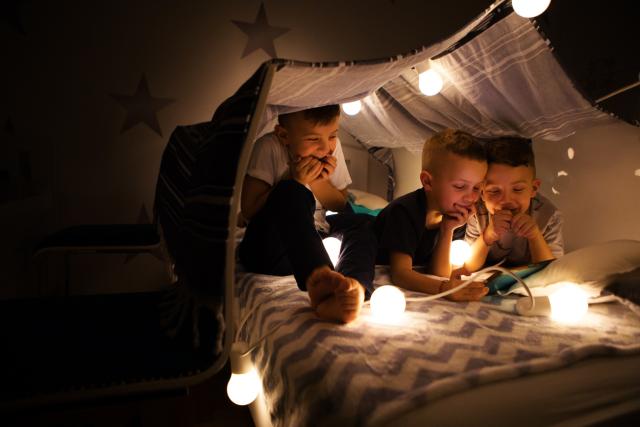
Supporting the next generation to care for and protect our planet
Each year, Earth Hour is also celebrated in schools and by youth groups across the UK. It offers them the opportunity to express themselves and make a positive, lasting impact while also having fun. From raising awareness of wildlife in classes, sharing stories around campfires and making promises for the planet, to taking positive action through plastic recycling and switching off the lights.
Even the words written by children have come to life in the form of the poetry street art in Wales for Earth Hour. It shows that the next generation cares about tackling the nature and climate crises, while also helping to bring communities together to do the same.
Will you join us?
Our climate is changing, and nature is declining. From extreme weather events to sinking cities and homes, from deforestation and ocean pollution to shrinking wildlife populations and habitats. Humans continue to shape the planet, but we can’t tackle the climate crisis without stopping the destruction of our forests or the pollution of our ocean. Together we can make small, positive changes to bring our world back to life. We all have a part to play - and Earth Hour is a great place to start.
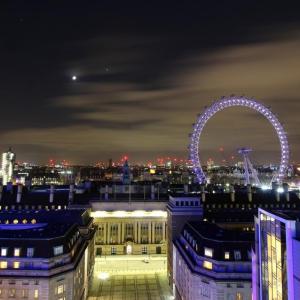 10 Most Interesting Facts About Earth Hour
10 Most Interesting Facts About Earth Hour
 Wild Isles
Wild Isles
 Welcome to the Call of the Wild podcast
Welcome to the Call of the Wild podcast
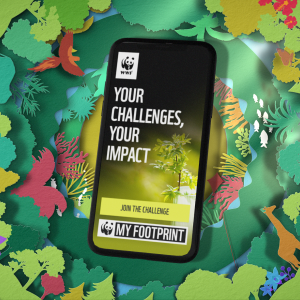 Download WWF's My Footprint app
Download WWF's My Footprint app